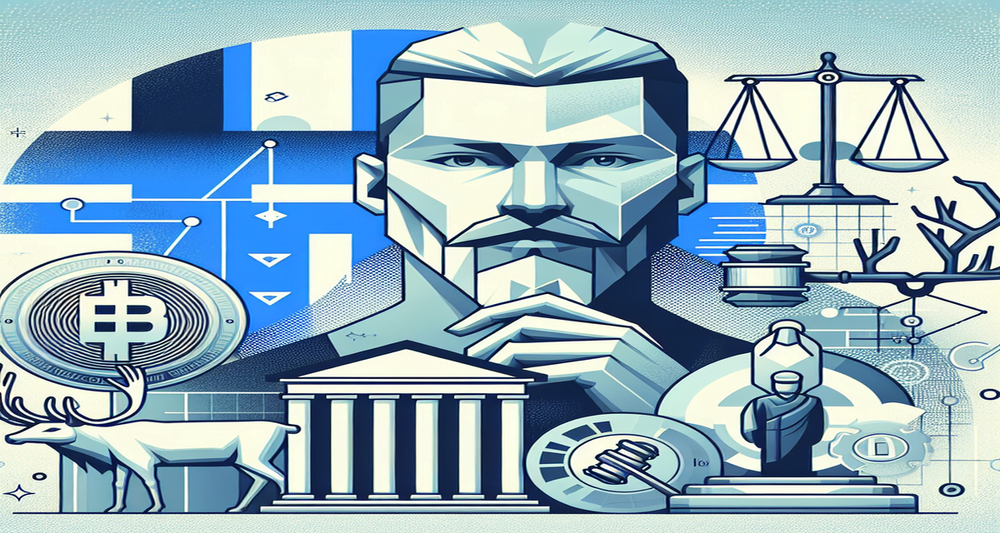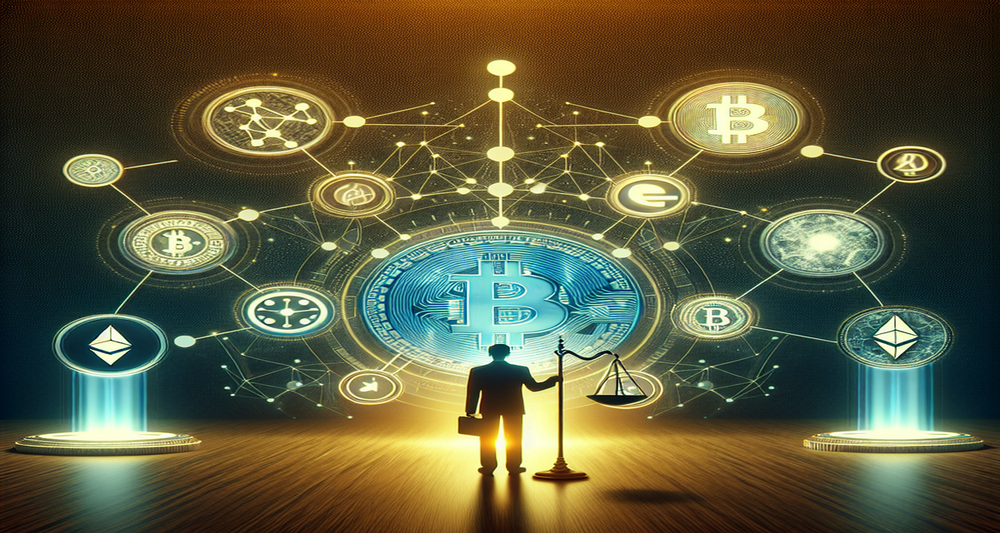The emergence of decentralized science, often abbreviated as DeSci, is heralding a new era for scientific research and innovation. Within this evolving landscape, healthcare projects are leading the charge, leveraging blockchain technology and decentralized frameworks to revolutionize the way we approach medical research and patient care.
The Rise of Decentralized Science
Decentralized science is a paradigm shift from traditional, centralized models that have historically dominated the field. By utilizing blockchain technology, DeSci aims to democratize access to scientific data, promote transparency, and foster global collaboration. This transformative approach is not just reshaping scientific inquiry but also promising more equitable and efficient solutions across various disciplines.
Transforming Clinical Research
One of the key areas where decentralized science is making a significant impact is clinical research. Key healthcare projects are harnessing blockchain to address longstanding issues such as data silos, lack of transparency, and inefficiencies in clinical trials. These projects focus on:
- Data Integrity: Ensuring the verifiability and immutability of clinical data.
- Patient Privacy: Protecting patient information through secure, decentralized platforms.
- Global Collaboration: Connecting researchers worldwide to foster innovation and share findings.
Decentralizing Patient Data
Another groundbreaking application of decentralized science in healthcare is the management and utilization of patient data. By placing control of personal health records in the hands of patients through blockchain technology, these projects aim to empower individuals and improve healthcare outcomes. Key features include:
- Data Ownership: Patients have complete control over their health data.
- Interoperability: Seamless data sharing across different healthcare providers and systems.
- Enhanced Security: Robust encryption and decentralized storage to safeguard sensitive information.
Incentivizing Participation in Medical Studies
Decentralized systems are also innovating the way participants are compensated and incentivized in medical research. Traditional methods often involve lengthy processes and limited transparency. In contrast, blockchain-based platforms can facilitate:
- Transparent Rewards: Clear and fair compensation structures for participants.
- Smart Contracts: Automated payments and contracts to streamline the process.
- Tokenization: Use of cryptocurrency tokens to incentivize participation and engagement.
Challenges and Future Directions
While the potential of decentralized science in healthcare is immense, several challenges need to be addressed to fully realize its benefits. Issues such as regulatory compliance, integration with existing systems, and public acceptance remain significant hurdles. However, ongoing advancements in blockchain technology and increasing global interest in decentralized frameworks continue to pave the way for a more inclusive and efficient future in healthcare.
Looking Ahead,
The decentralized science revolution is here, and healthcare projects are spearheading this transformative movement. By embracing innovative technologies and decentralized approaches, these pioneering projects are not only enhancing medical research and patient care but also setting new standards for transparency, collaboration, and efficiency in the scientific community.
For more details, you can read the original article ->here.
Disclaimer: The information provided in this article is for general informational purposes only and does not constitute professional advice. All content is based on information from sources believed to be accurate at the time of writing. However, the information may be outdated or subject to change. Always seek the advice of a qualified professional regarding any financial, legal, or health-related decisions. The author and publisher of this article are not responsible for any errors, omissions, or results obtained from the use of this information. Reliance on any information provided in this article is solely at your own risk.





 By
By

 By
By


 By
By
 By
By
 By
By
 By
By



